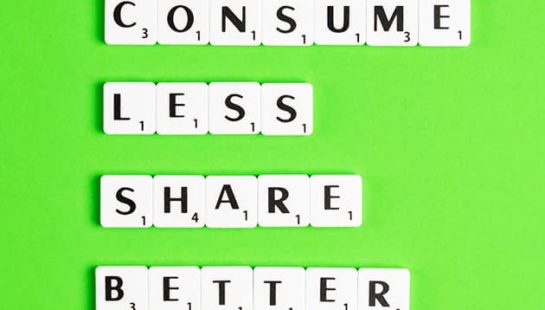What Is A Global Citizen?
We all own and buy clothes. This makes us part of the broader fashion system—the ‘demand’ part of supply and demand. For many years, we’ve been referring to people who buy clothes as ‘consumers’. But we want to recognise the power you hold beyond your ability to make individual purchasing choices. It’s the power you hold as a global citizen. This kind of power doesn’t require a credit card—all you need is a voice and a willingness to act on your convictions to see a better world for all.
How Can Global Citizens Help Drive Change?
While primary responsibility for ethical production sits with companies, every person can play a role in helping shift industry practice—and broader systems impacting workers and the environment—by engaging in the ethical fashion movement. To catalyse this shift, individuals must let companies and governments know we value the way workers and the environment are treated.
You can partake in this movement in a variety of ways, and beyond this, assess your own consumption habits to reduce your impact.
1. Speak Out To Brands
Use our Brand Finder tool to send a pre-written email to brands. For brands tracking well, thank them for their commitment and ask them to continue the good work. For brands lagging behind, let them know their performance matters and ask them to do better. Check how your favourite brands are progressing on six Spotlight Issues like living wages and sustainable fibre use by using the tool linked above.
2. Speak Out To Your Social Circles
There’s power in numbers. Have a conversation with family and friends about why ethical fashion is important, or share our Ethical Fashion Scorecard on social media to spread the word. Take things even further by hosting a clothes swap to turn these conversations into action—it’s the perfect format for encouraging and inspiring friends who are new to the ethical fashion movement.
3. Speak Out To Government
Citizens and companies can make voluntary changes, but governments can introduce laws that mandate change for workers and the environment. Your local MP works for you. Set up a meeting or write a letter to let them know you want to see Australia be a global leader on modern slavery, human rights, and environmental protection laws. Use Justice 2021 as your guide (chapters six and eight).
4. Make Informed Purchases
Educating yourself is an essential step towards understanding the complexity of ethical fashion issues. Start by reading our Ethical Fashion Report, which details the injustices faced by garment workers and the planetary harm inflicted by the fashion industry. Then, before tapping your credit card, research the brand you’re buying from. Use our Brand Finder to see scores for over 600 brands assessed on their efforts to mitigate worker exploitation and environmental degradation. If the brand you’re looking for isn’t included, here is how you can do some research of your own.
5. Assess Your Shopping Habits
Think more deeply about why you’re making a purchase. Do you really need more ‘stuff’, or is there a more sustainable way to find the items you’re after? The most sustainable wardrobe is the one you already have. Reduce what you’re buying, reuse what you already have, repair when damaged, and recirculate when an item is no longer needed.
So, don’t lose hope. If we each play our part as global citizens, with a respect for others and the planet we live on, we can help shift systems that oppress people and degrade the earth—little by little.



